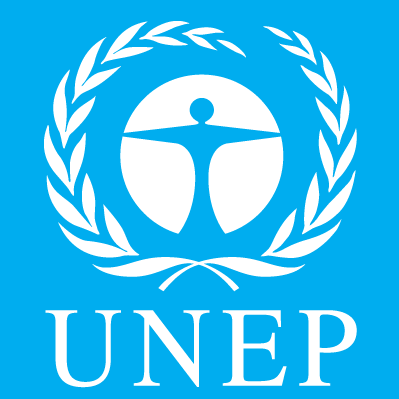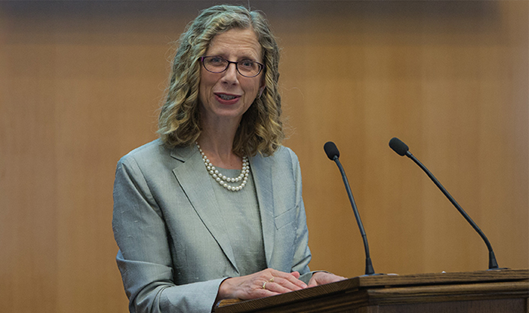Description
The United Nations Environment Programme (UNEP) is responsible for coordinating the UN's environmental activities and assisting developing countries in having environmentally sound policies and practices.
UNEP was founded in 1972 by Canadian businessman and philanthropist Maurice Strong, its first director, following the United Nations Conference on the Human Environment (Stockholm Conference). Its mandate covers a wide range of areas, including the atmosphere, marine and terrestrial ecosystems, environmental governance, and green economic development. UNEP's activities include developing international environmental agreements; promoting environmental science and information; working with public and private stakeholders on developing and implementing policy; funding and implementing environmental development projects, such as reforestation and wetland restoration; and formulating guidelines on issues such as the international trade in potentially harmful chemicals, trans-boundary air pollution, and contamination of international waterways. It also maintains a repository of scientific and environmental research.
As a member of the United Nations Development Group, UNEP aims to help the world meet the 17 Sustainable Development Goals. Over the last thirty years, it has increasingly focused on climate change, helping create or implement environmental treaties and institutions such as the United Nations Framework Convention on Climate Change. In 1988 it joined the World Meteorological Organization to establish the Intergovernmental Panel on Climate Change, a leading authority on the science of climate change. UNEP is also one of several "implementing agencies" for the Global Environment Facility, the Multilateral Fund for the Implementation of the Montreal Protocol, and the International Cyanide Management Code.
As a programme of the United Nations, UN Environment is funded solely by voluntary contributions.

























